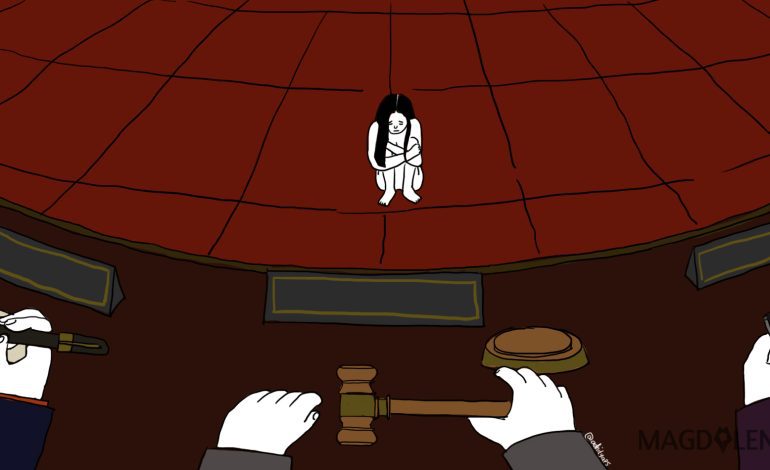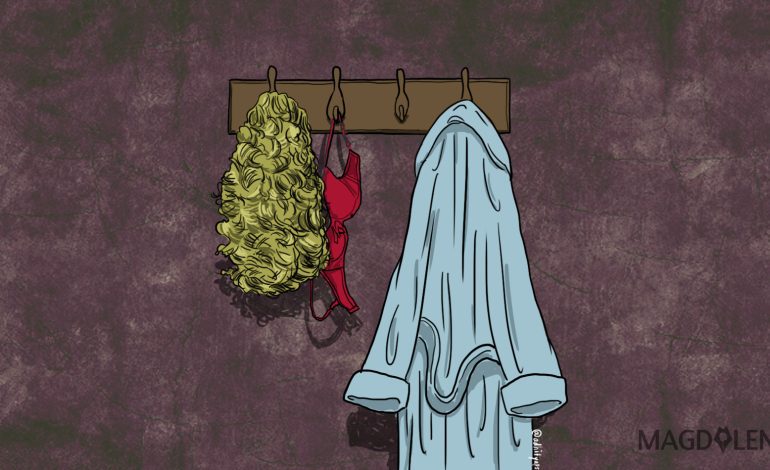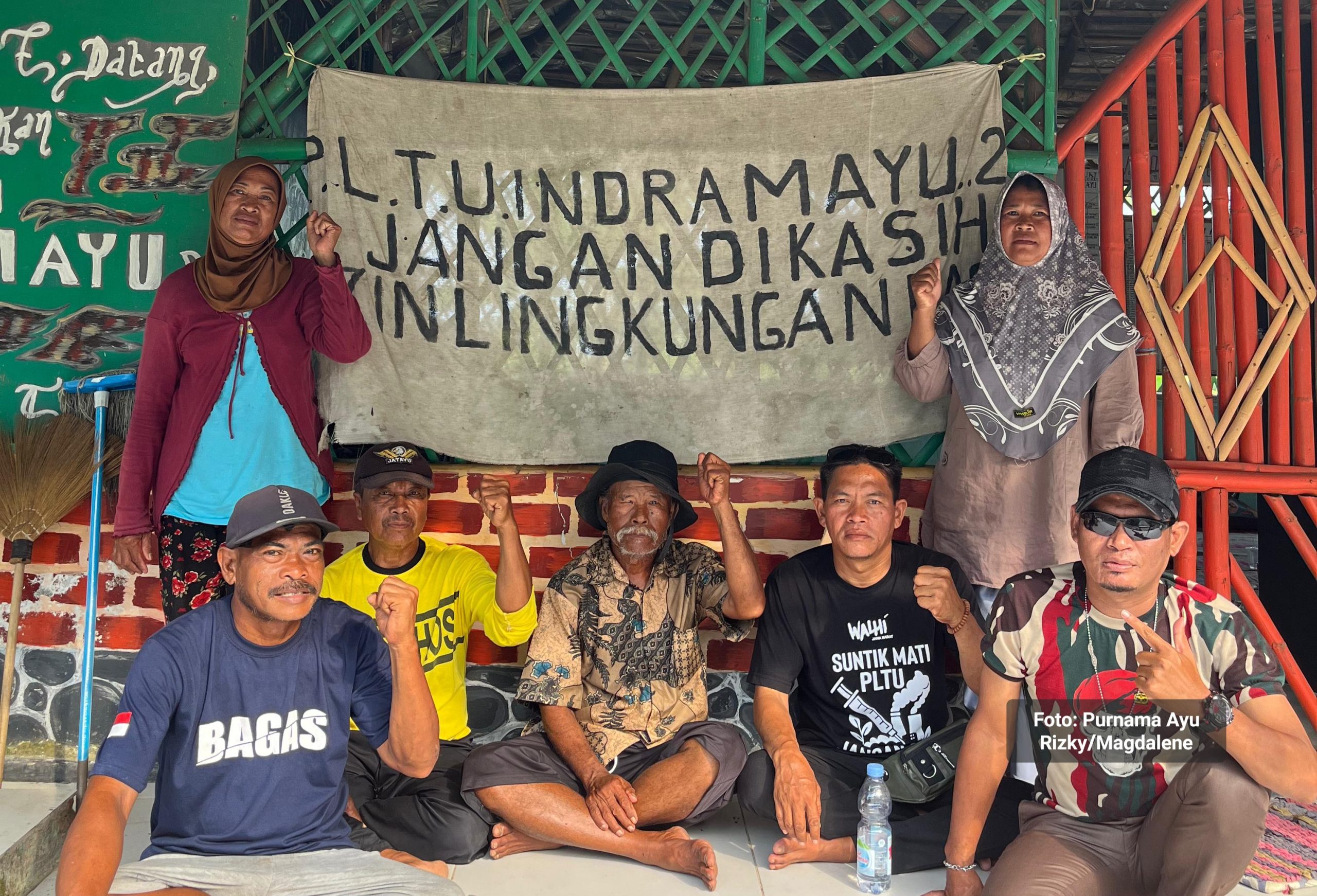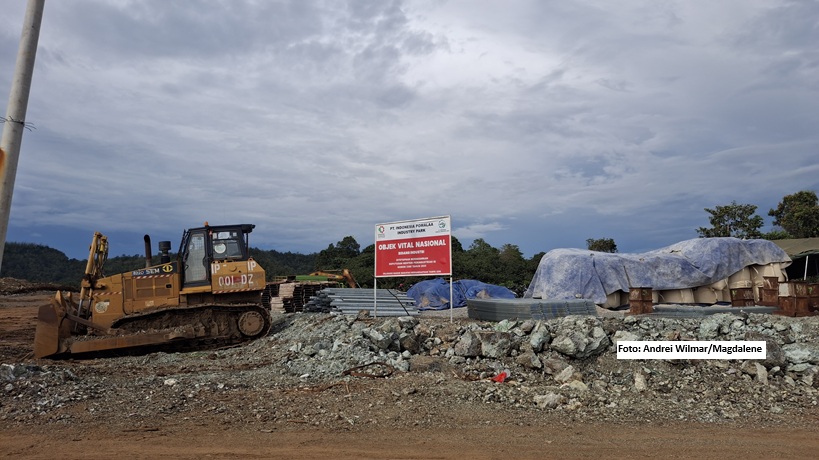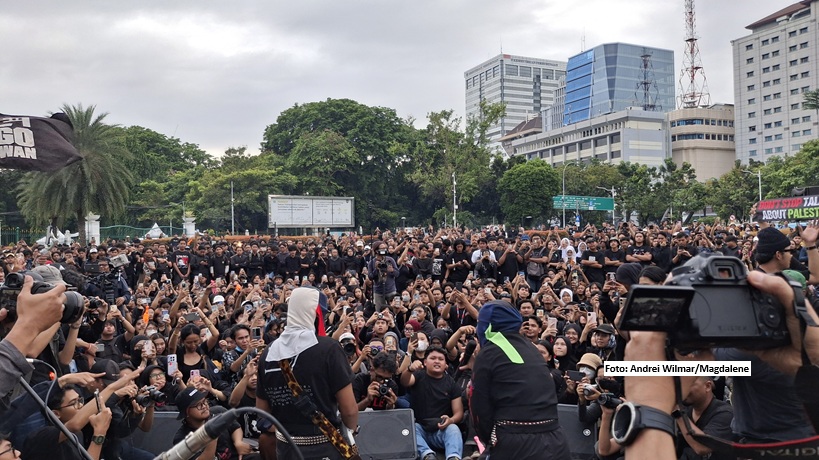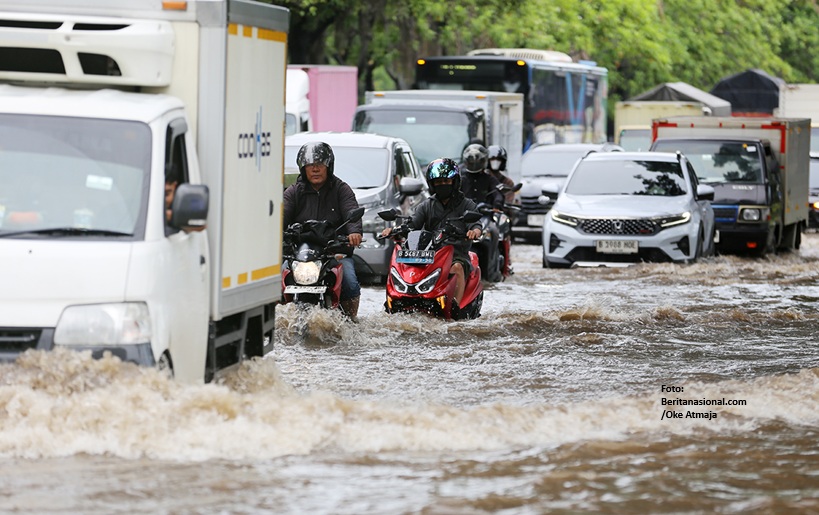It’s Okay to be Alone: An Introvert’s Reflection
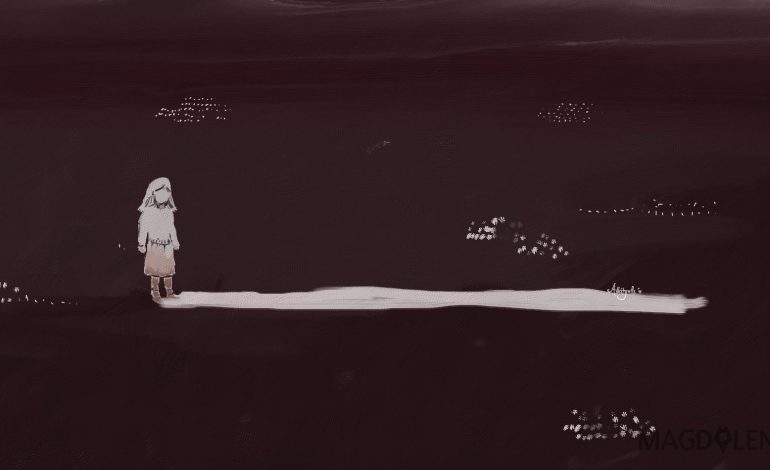
The first week of November was frantic for me. I joined the National Novel Writing Month (NaNoWriMo), where you challenge yourself to write a 50,000-word novel in 30 days. An electric wire in front of my house went live and cut down my Internet cable, and I found that a credit card account I had closed was still charging interest.
I solved everything and submitted my article to Magdalene, and then continued my NaNoWriMo intake. I thought it was a hot night, and when I was going to bed, I felt a chill. My body temperatures hovered at 37 Celsius, so I thought I was just coming down with a flu. But on Saturday morning the thermometer read 38 Celsius and by them I reached the clinic, it was already 39. The doctor ordered a blood test and found I was negative for typhoid. My platelet (thrombocytes) count was still safe.
I was angry with myself, for not being able to stick to schedule, for being weak, for kept derailing my plan. A decade ago, failure to adapt with life in Indonesia led me to be hospitalized for different ailments – a virus, a typhoid fever, and dengue fever. A crush asked me, “Why are you so weak?”
On Sunday morning I took another blood test and then went to the ER ward. The doctor on duty said it could be dengue fever and recommended hospitalization. While waiting, I found out that a friend in Norway was also at ER, after playing with a wild rabbit. I also browsed pictures of American ER doctors showing their bloodied pants and sneakers, after the National Rifle Association told ER doctors to “stay in their lane” instead of joining the chorus of gun control advocates. Somehow, the online interaction made me felt less alone, and less helpless.
Eight years after being hospitalized for dengue fever, there I was again. My first thought was to apologize to Devi and Hera that the next article could be delayed. Then I was upset that I would not finish my novel on time. Then that it would be a hassle to keep going to the toilet with the IV stabbing my left hand – and I would keep going to the toilet.
I asked my parents not to tell anyone about my room. Just hours before, a woman who knew me in the church had told Mom that sweet potato water could help curing me. I had not socialized on Facebook for months, and I didn’t expect any Twitter friend who was in Bandung to visit me.
A decade ago I wished with new friends, I would get some visitors. There wasn’t any, except a date, and I just thought I might be not popular enough to warrant a visit. Perhaps it’s still the case, but I remembered my best friend who died at the same hospital where I was. He was popular and so our mutual friends kept on visiting him, and once he told me what a hassle it was. They brought him cakes and berries and other quick-perishing food, and gave unsolicited advices like “See this doctor,” and “Why don’t you go to Penang?”
They meant well, he thought, but they were inconsiderate to the hospital staff, to other patients, and to him. I spent my time “talking” with my late friend, about how life and the world has changed eight years on.
On Monday, a hospital staff asked me about my religion. Very normal in Indonesia, but it made me uncomfortable. She asked if I wanted to receive a communion host from a nun or priest-in-training. I declined and it really surprised her, and I thought “Oh no, she saw me as a rude atheist and I could become a Catholic Hidayah story”. My dad met his friend by chance and to my horror, he prayed loudly for me as if I was dying and only a miracle could save me. Intrusion of religion is really a problem here, no matter what your religion is.
My condition improved by mid-week and I was released on Thursday. I got some well wishes through Twitter, and it’s still amazing that I knew these friends – who live in different cities and in different countries – much better than people I had met in Bandung. A decade ago, the argument that “online friendship is not real friendship” was still strong, but now it’s more evident that online friendships could be more real than the friendships you’ve made with people nearby.
Both in 2008 and 2018, I was hospitalized with only my parents looking over me, but it is so different how I felt. Of course, in 2008 there was no 4G and there was no community like Magdalene. But the big difference is I have accepted that I am lonely in Bandung, and it is fine. You should not let anyone, including yourself, blackmail you to accept the company of insincere people or risk loneliness.
As I was leaving the hospital, I found a vacancy for a dream job that is aligned with my long-term dream. I used to be afraid to move to Jakarta: the rude and ruthless people, finding a kost room and living there, the security and the mobility.
But I have controlled that fear. This week, while submitting the job application, I’ve browsed kost directories in the area and planned the essentials I would bring to Jakarta in my first month. Again, a decade ago there was no Go-Jek, no Google Maps, no 4G, and probably no website like Infokost or Mamikos. Here is an example where technology can make us braver and more prepared. Social network is still important, but loners and introverts can hold their own with some digital help.
Twelve years ago, I was afraid that I could be a hikkikomori, a reclusive who wasted his own life because of fear of the world. Now my social life is still very much on the online side, but I don’t see myself as a loser or a failure anymore. Being alone is not bad, especially when you’re ready to help a stranger in need, instead of being attached to your band.

